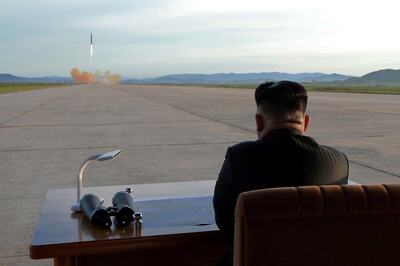
views
WASHINGTON: Secretary of State Antony Blinken heads to the Middle East this weekend for the fourth time since the Israel-Hamas war erupted in October as once-abated fears about a regional conflagration are surging with attacks and assassinations in the Red Sea, Lebanon, Iran and Iraq.
The Biden administration had breathed a sigh of relief about the potential for a broader Mideast war in the immediate aftermath of Israel’s military response to the deadly Oct. 7 Hamas attacks, when it counseled Israeli officials not to mount pre-emptive strikes against Hezbollah in Lebanon.
Two-and-a-half months later, though, the chances of a regional war have increased with Israel determined to strike Hamas operatives and leaders no matter where they are and Iranian proxies like Hezbollah, Yemen’s Houthi rebels and pro-Iran militias stepping up attacks on U.S., Israeli and international interests in the Red Sea, Iraq and Syria.
Blinken leaves late Thursday on his latest extended Mideast tour. The State Department said Thursday he will visit Turkey, Greece, Jordan, Qatar, the United Arab Emirates, Saudi Arabia, Israel, the West Bank and Egypt.
“We don’t expect every conversation on this trip to be easy. There are obviously tough issues facing the region and difficult choices ahead,” State Department spokesman Matthew Miller said. “But the secretary believes it is the responsibility of the United States of America to lead diplomatic efforts to tackle those challenges head on, and he’s prepared to do that in the days to come.”
As with his previous visits, Blinken will be concentrating on expanding humanitarian aid to Gaza, pressing Israel to minimize civilian Palestinian casualties, the release of hostages held by Hamas and the importance of planning for the administration of a post-war Gaza.
But, recent developments, including the drone strike attributed to Israel that killed a senior Hamas leader in Beirut, the explosions in Iran that targeted a memorial service for U.S.-assassinated Revolutionary Guard commander Qassem Suleimani, a drone attack on a pro-Iranian Iraqi militia group in Baghdad and U.S. and allied responses to Houthi attacks on commercial shipping in the Red Sea, will crowd his agenda.
After sending two aircraft carrier strike groups to the eastern Mediterranean in mid-October in part to deter a Hezbollah response to Israel’s operations in Gaza, the U.S. is now focused on deterring attacks by the Iran-backed Houthis in the Red Sea.
At the same time, it has warned Iraqi militia groups that attacks on U.S. troops or bases in Iraq and Syria will not be tolerated.
Disclaimer: This post has been auto-published from an agency feed without any modifications to the text and has not been reviewed by an editor




















Comments
0 comment